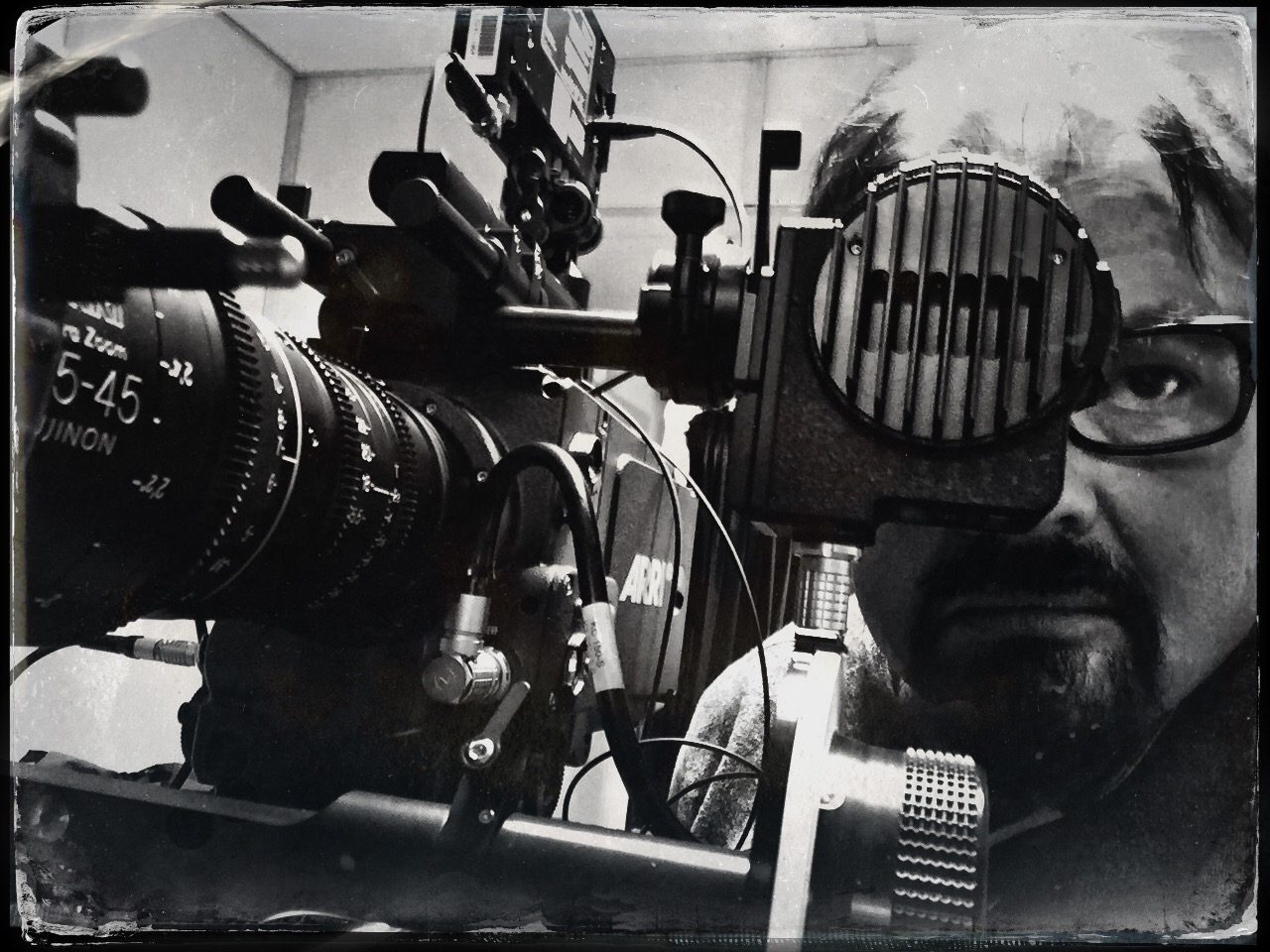The Bay Dementia Hub
Strike Action
No seminars this week due to UCU action
Literary Review
The accumulation of literary resources continues, sometimes I think I am building a library rather than conducting a review. At the moment the challenge is to input all my references and quotations into qualitative data analysis software. Unfortunately I still have to decide which option to choose, so I am repeating work by adding new data, to both Atlas.ti and NVivo, the same with the bibliography apps, Mendeley and Endnote, at some point I’ll have to commit to one or the other, or should I?
During my research, mainly online, I identified a good resource of information in the form of an eBook The Routledge Companion to New Cinema History (2019) and added a few others to the ever growing list of Journals and eBooks.
Biltereyst, D., Maltby, R., & Meers, P. (Eds.). (2019). The routledge companion to new cinema history. Retrieved from https://ebookcentral.proquest.com
Meeting at the Bay Dementia Hub
This is a monthly event held on the first Friday of each month alternating between a venue in Morecambe and Lancaster.
A place for people and their carers living with dementia can meet and get advice from a number of organisations.
Today I met with Penny who introduced me to Boris Segal who looks after the photography and video production for the dementia hub. Boris turned out to be a mine of information on local cinemas, many of which no longer exist.
I also met with a few people in the early stages of living with dementia who I generally asked about their cinema going experiences. One stood out, remembering a recent James Bond movie they had seen with the character Odd Job in it (Goldfinger 1964) and who they met at a function soon after.
 Briefly met with the Mayor of Lancaster, David Whitaker a supporter of the Dementia Hub who expressed interest in my film proposal. I will keep in touch with David to discuss permissions to film in locations around Lancaster in the future. There are many interesting landmarks and buildings which I would like to feature in my films.
Briefly met with the Mayor of Lancaster, David Whitaker a supporter of the Dementia Hub who expressed interest in my film proposal. I will keep in touch with David to discuss permissions to film in locations around Lancaster in the future. There are many interesting landmarks and buildings which I would like to feature in my films.
Touched base with Gil Graystone, Inclusive Film & Theatre Officer from the Dukes, she confirmed that she will also be at my meeting with Helen on the 16th December.
So, what did I achieve at this meeting?
◦ Identified a group of potential participants for my film
◦ Increased my Network of contacts
◦ Showed my face, which means while people do not know me, I am now a familiar face, and people who saw me interact with people they know and people who run the Dementia Hub (Soon to be renamed) will be easier to approach in the future.
Film Festival Update
My idea of creating a film festival for MAC Clinical Services has been passed upwards in the organisation for approval, which Penny thinks is likely to happen.
Watch this space for further updates.







 Briefly met with the Mayor of Lancaster, David Whitaker a supporter of the Dementia Hub who expressed interest in my film proposal. I will keep in touch with David to discuss permissions to film in locations around Lancaster in the future. There are many interesting landmarks and buildings which I would like to feature in my films.
Briefly met with the Mayor of Lancaster, David Whitaker a supporter of the Dementia Hub who expressed interest in my film proposal. I will keep in touch with David to discuss permissions to film in locations around Lancaster in the future. There are many interesting landmarks and buildings which I would like to feature in my films.





 Documentary Film Production Meeting: Attended a meeting with Gil Graystone, Inclusive Film & Theatre Officer at the Dukes in Lancaster. Discussed my documentary project and how we might partner together to make a film on the Dementia friendly screenings they hold as part of the ‘Life more ordinary” project. She will discus my film proposal with the Theatres Director in the next few days to see if filming is possible and fits in with the Dukes schedules.
Documentary Film Production Meeting: Attended a meeting with Gil Graystone, Inclusive Film & Theatre Officer at the Dukes in Lancaster. Discussed my documentary project and how we might partner together to make a film on the Dementia friendly screenings they hold as part of the ‘Life more ordinary” project. She will discus my film proposal with the Theatres Director in the next few days to see if filming is possible and fits in with the Dukes schedules.